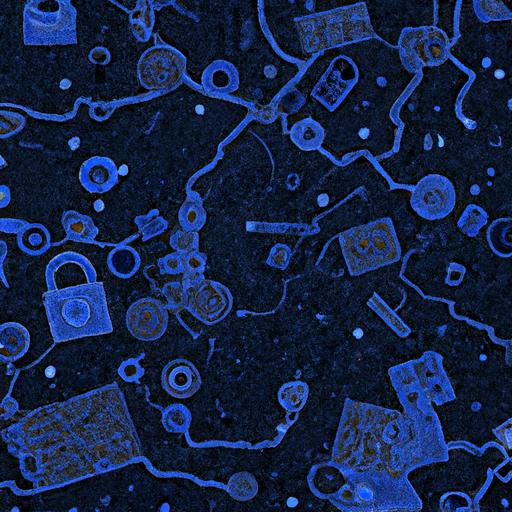North Korea-Linked Hackers Steal $430 Million from Decentralized Finance
Key Points:
- North Korea-affiliated hackers targeted decentralized finance platforms and stole around $430 million.
- The hackers also attempted to breach centralized services such as exchanges and wallet providers.
- Chainalysis, a blockchain forensic firm, reported a significant increase in attempted attacks by North Korea-linked hacking groups.
Recent reports suggest that North Korea-linked hacking groups have successfully stolen approximately $430 million from decentralized finance (DeFi) platforms. The hackers have also targeted centralized services, including exchanges and wallet providers.
According to Chainalysis, a leading blockchain forensic firm, North Korea-affiliated hacking groups have reached a record high in terms of attempted attacks against decentralized platforms. These attacks demonstrate the increasing sophistication and audacity of cybercriminals from the reclusive nation.
The stolen funds represent a significant blow to the DeFi ecosystem, which has gained momentum in recent years. Decentralized finance offers individuals greater financial freedom by eliminating intermediaries and enabling peer-to-peer transactions through blockchain technology. However, this freedom comes with its own set of risks, as hackers are now exploiting vulnerabilities within the system.
While centralized platforms have been the traditional target for hackers, this recent surge in attacks against DeFi platforms indicates a shift. Hackers are recognizing the potential for lucrative gains within the decentralized space, prompting increased diligence and security measures within the industry.
Chainalysis has been closely monitoring the activities of North Korea-linked hacking groups and has observed a sharp rise in their malicious efforts. These groups employ various tactics, such as distributing malware or conducting phishing attacks, to gain unauthorized access to vulnerable systems. The stolen funds are typically laundered through money laundering networks and virtual asset service providers (VASPs) to obfuscate their origin and make tracing problematic.
The consequences of these attacks are not limited to financial losses. They also pose a significant threat to the overall integrity and trust in decentralized finance. Users and investors may become apprehensive about participating in the DeFi space, fearing potential security breaches and the loss of their funds.
What’s Next for DeFi Security?
The recent wave of attacks highlights the urgent need for enhanced security measures within the DeFi ecosystem. Developers and platform operators must prioritize the identification and mitigation of vulnerabilities to protect their participants and minimize the impact of potential attacks.
One possible solution is the integration of advanced blockchain analytics and forensic tools, similar to those used by Chainalysis, to detect suspicious activity and track stolen funds. Additionally, collaboration and information-sharing among platform operators, cybersecurity experts, and law enforcement agencies can help in countering these threats effectively.
As technology advances, so do the tactics employed by hackers. The DeFi community must remain vigilant and adapt to emerging challenges to maintain a secure environment for users and enable the continued growth of decentralized finance.
Hot Take: Upholding the Security of DeFi Against Sophisticated Hackers
The recent multimillion-dollar heists perpetrated by North Korea-linked hackers against decentralized finance platforms serve as a wake-up call for the industry. While DeFi offers numerous benefits, it is imperative that security measures keep pace with the ever-evolving tactics of cybercriminals.
To ensure the continued growth and adoption of decentralized finance, the industry must prioritize cybersecurity and invest in advanced tools and collaborations that can effectively detect and prevent such attacks. By doing so, DeFi platforms can instill confidence in their users and protect the integrity of this revolutionary financial ecosystem.
